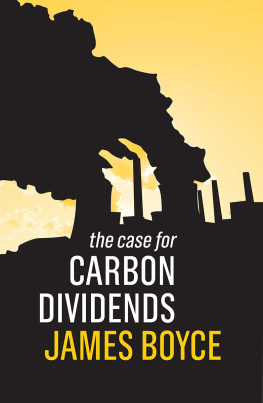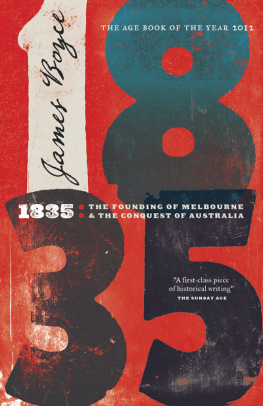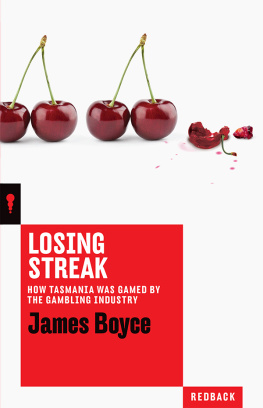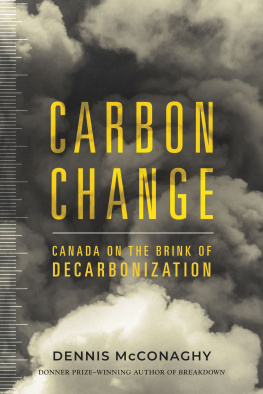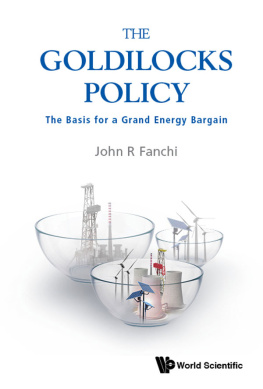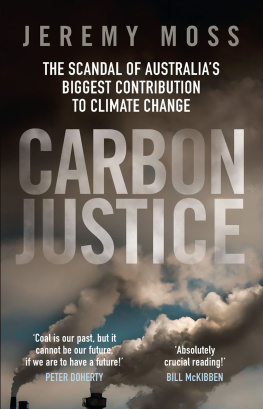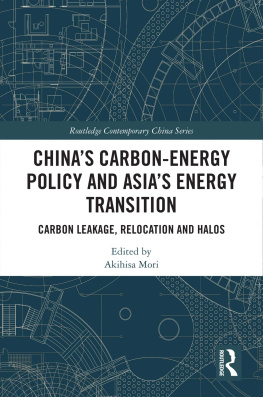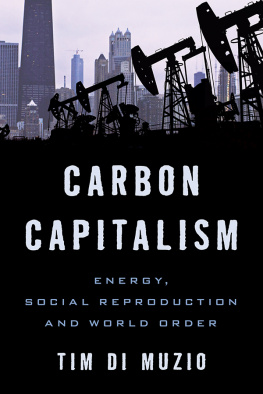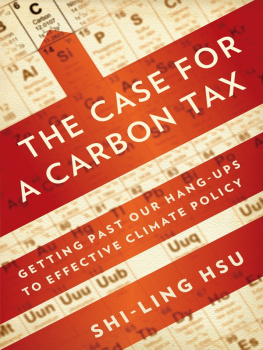
A wonderfully clear-headed account of how we can fight both climate change and widening inequality: consumers pay higher prices proportional to their carbon footprints but get the money back in the form of dividends in equal payments to every man, woman, and child. If theres to be a Green New Deal, this is the kind of policy well need.
Robert Reich, former U.S. Secretary of Labor
Carbon dividends are key to dealing with the threats of a changing climate. Read this book to learn about an important part of the solution to this looming problem.
George P. Shultz, former U.S. Secretary of State
Boyce makes clear the one climate policy that would work: carbon fee and dividend. The public will love it - it puts money in their pocket. Young people should demand it, to save their planet and their future.
James Hansen, former director of the NASA Goddard Institute for Space Studies
The threat of climate change is real. But action is still too little, too late. This book provides a bold and disruptive idea that could shape the new wave of policy and action on climate change. It would be ambitious, leading the world to drastically cut emissions, and also equitable, ensuring cooperation in action.
Sunita Narain, Centre for Science and Environment, New Delhi
Congress must act to stop the rising damage and costs of climate change and that action must be based on sound scientific research. The carbon cap and dividend approach is a simple and fair way to require polluters to pay and put the money into the pockets of American taxpayers. And thanks to Professor Boyces research, we know just how effective it can be.
U.S. Senator Chris Van Hollen
This crisply written book makes a compelling and highly accessible case for using carbon pricing to tackle the twin challenges of our time: climate change and income inequality. Covering the science, the markets, and the politics, Boyce argues that a carbon dividend strategy is simple, effective, and fair. Regardless of where one falls in the nuances of the climate policy debate, this is a gem of a volume.
Manuel Pastor, director of the Program for Environmental and Regional Equity, University of Southern California
Hooray for James Boyces The Case for Carbon Dividends. In clear and compelling English, it explains the carbon pollution challenge and makes the case for citizen dividends as a straightforward solution. Too many global warming debates proceed in highly technical terms, leaving regular citizens rightly worried that they will pay the price for new taxes and rules. But carbon dividends equal remittances from carbon tax revenues sent to every American man, woman, and child each year are easy to understand, impose more costs on rich households that currently use more dirty energy, and would leave most working and middle-class families as net winners. This primer should kick start many community debates, because it tells us exactly how the United States can make rapid progress toward a green economy and become a more equal democracy in the process.
Theda Skocpol, Victor S. Thomas Professor of Government and Sociology, Harvard University, and Director of the Scholars Strategy Network
This is the best thing ever written on the subject. Clear, eloquent and irrefutable, its a must-read for all concerned with surviving the 21st century.
Peter Barnes, author of With Liberty and Dividends for All
People fight climate change when they believe in a solution. Boyces guide to carbon dividends is the indispensable guide for whats big, bold, fair and strong enough for the job. We need this book!
Camila Thorndike, co-founder, Our Climate
We define the atmosphere as a common property resource, so we can understand carbon dividends as payments by users of the resource to its owners this is economic democracy. James Boyce uses principles of equity and economic efficiency to build a practical strategy to address climate change.
Dallas Burtraw, Darius Gaskins Senior Fellow, Resources for the Future
The Case For series
Sam Pizzigati, The Case for a Maximum Wage
Louise Haagh, The Case for Universal Basic Income
James K. Boyce, The Case for Carbon Dividends
The Case for Carbon Dividends
James K. Boyce
polity
Copyright James K. Boyce 2019
The right of James K. Boyce to be identified as Author of this Work has been asserted in accordance with the UK Copyright, Designs and Patents Act 1988.
First published in 2019 by Polity Press
Polity Press
65 Bridge Street
Cambridge CB2 1UR, UK
Polity Press
101 Station Landing
Suite 300
Medford, MA 02155, USA
All rights reserved. Except for the quotation of short passages for the purpose of criticism and review, no part of this publication may be reproduced, stored in a retrieval system or transmitted, in any form or by any means, electronic, mechanical, photocopying, recording or otherwise, without the prior permission of the publisher.
ISBN-13: 978-1-5095-2658-1
A catalogue record for this book is available from the British Library.
Library of Congress Cataloging-in-Publication Data
Names: Boyce, James K., author.
Title: The case for carbon dividends / James Boyce.
Description: Medford, MA : Polity, 2019. | Series: The case for | Includes bibliographical references and index.
Identifiers: LCCN 2018057103 (print) | LCCN 2018061138 (ebook) | ISBN 9781509526581 (Epub) | ISBN 9781509526543 (hardback) | ISBN 9781509526550 (paperback)
Subjects: LCSH: Carbon offsetting. | Carbon offsetting--Economic aspects. | Carbon offsetting--Law and legislation. | Emissions trading. | Emissions trading--Economic aspects. | BISAC: POLITICAL SCIENCE / Public Policy / Economic Policy.
Classification: LCC HC79.P55 (ebook) | LCC HC79.P55 B69 2019 (print) | DDC 363.738/746--dc23
LC record available at https://lccn.loc.gov/2018057103
The publisher has used its best endeavours to ensure that the URLs for external websites referred to in this book are correct and active at the time of going to press. However, the publisher has no responsibility for the websites and can make no guarantee that a site will remain live or that the content is or will remain appropriate.
Every effort has been made to trace all copyright holders, but if any have been overlooked the publisher will be pleased to include any necessary credits in any subsequent reprint or edition.
For further information on Polity, visit our website: politybooks.com
Introduction
To address climate disruption we need insights drawn from science, public policy, and political economy. The key challenge is to curb our use of fossil fuels. The key to cutting fossil-fuel use is to put a price on carbon emissions. And the key to a viable carbon pricing policy, this book argues, is to return carbon revenue to the public as equal per-person dividends.
To succeed, we will need a climate policy that is sustainable politically as well as environmentally. The environmental requirement is widely translated into the target of cutting carbon emissions by at least 80 percent against their 1990 level by the middle of this century. Finding a comparable formula for the requirement of political sustainability has been a more elusive goal.
We will need a policy that can secure public support broad and deep enough to endure for the decades that will be required to complete the clean energy transition. To be this durable, the policy must be capable of winning robust support across the political spectrum.
Next page
